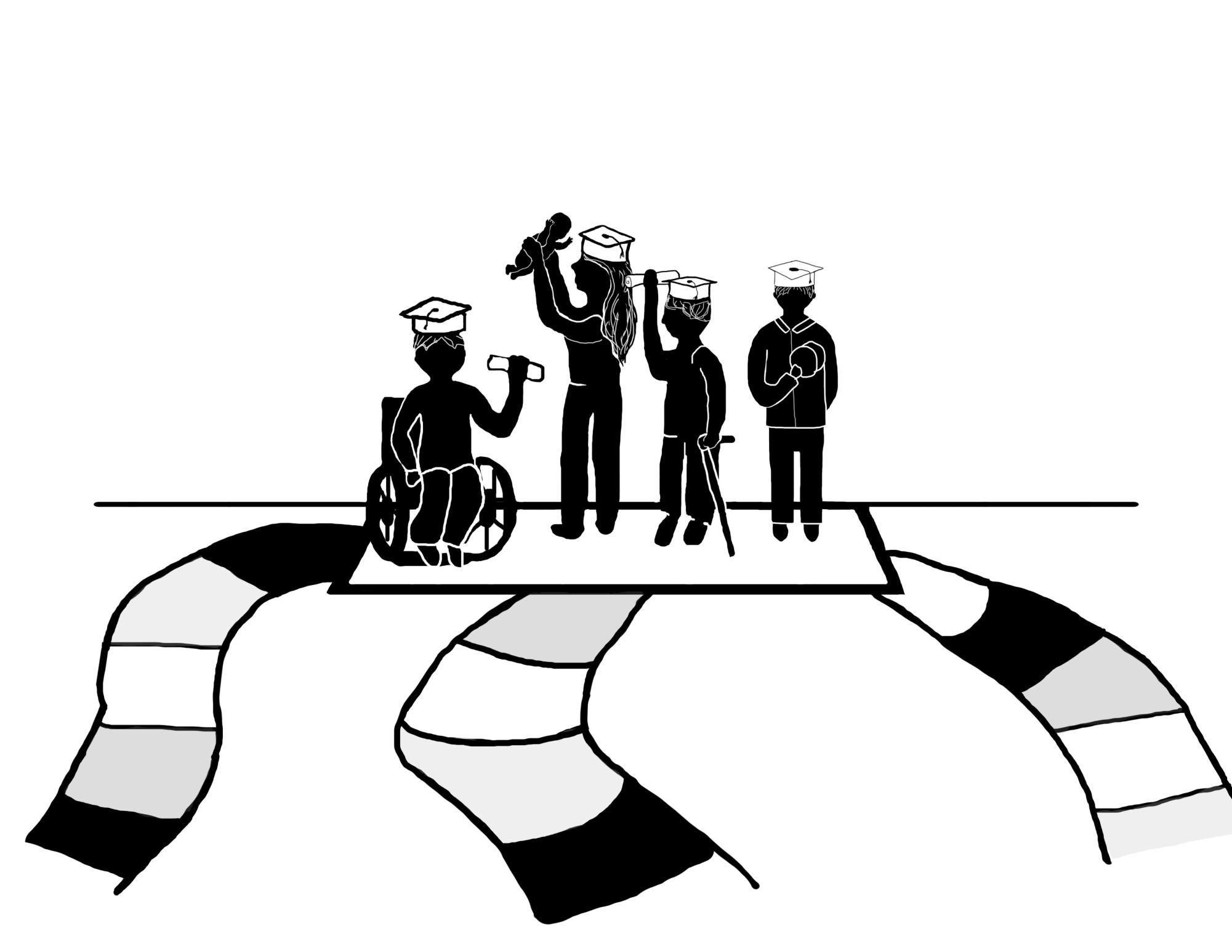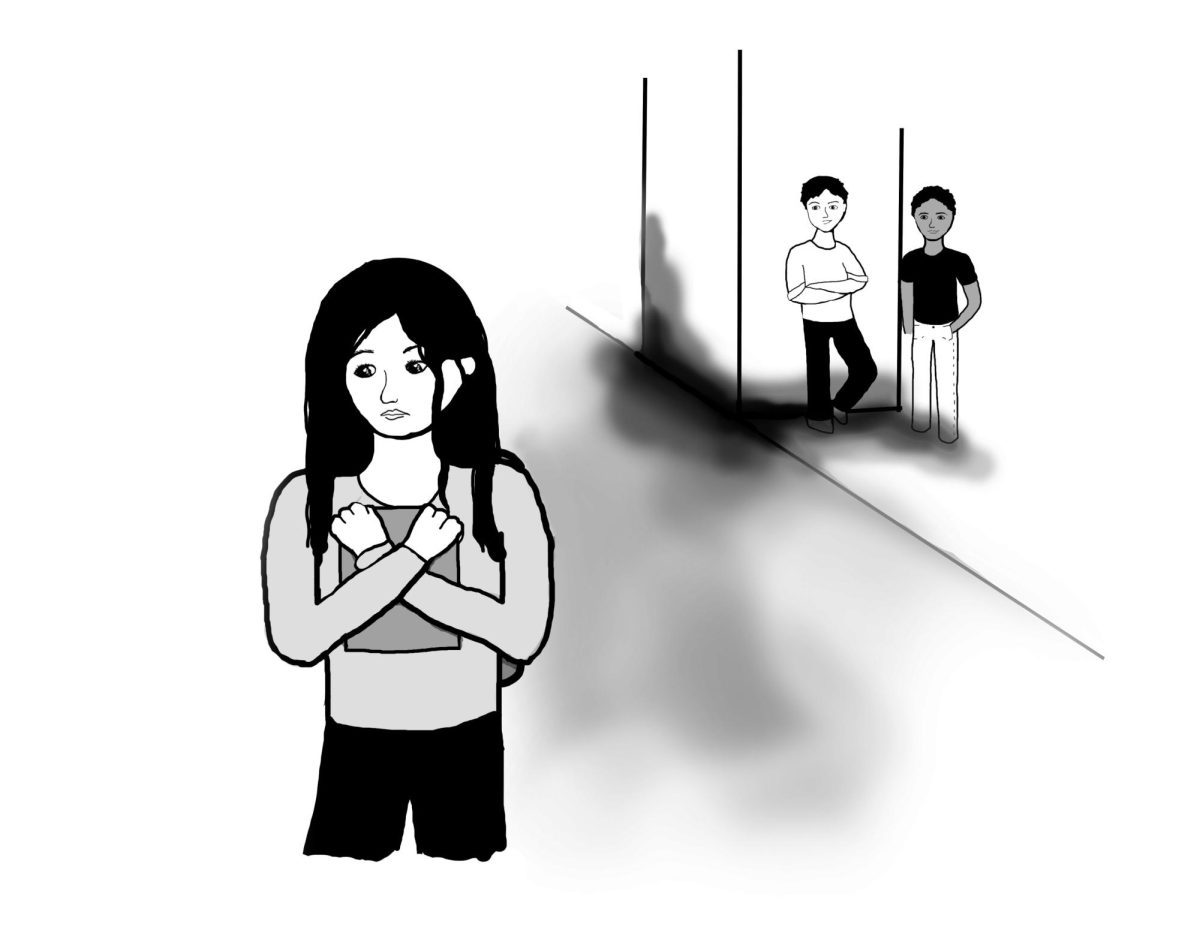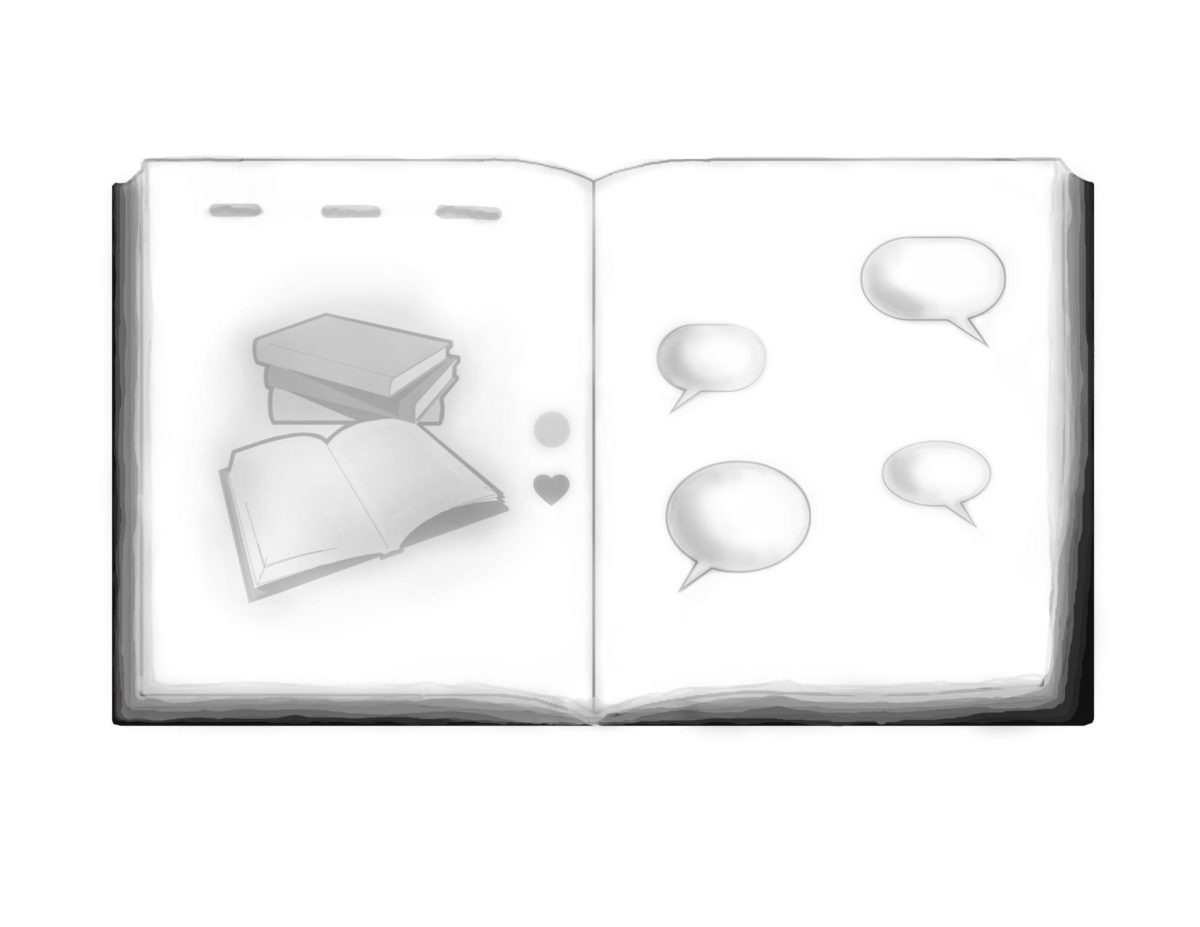
College can be an incredibly exciting time in one’s life. While learning takes many forms, and academia is by no means exhaustive, there is something special about the collaborative learning environment fostered in many college classrooms.
Many people think of the traditional “college years” as right after graduating high school. But school looks different for every student. First-year Eliza Van De Rostyne worked as a costume designer for years until she decided she wanted to go back to school. Before COVID-19 she worked for Whitman, but the pandemic eliminated her position, along with many others in the theater industry.
“We got an email that we’re gonna be going home for two weeks, and then of course, no one returned to work after that. Then I got the letter that my position had been eliminated, and that was something that happened industry wide. Those mid level positions really started to go away after COVID-19, and so I was thinking about what to do. I really loved working in academic theater and wanted to continue to pursue that. But since I didn’t have a degree, that was going to be difficult,” Van De Rostyne said.
Senior Abbi Carron also changed course because of the pandemic. She attended Whitman directly out of high school, but when COVID-19 hit during her first year, she decided to transfer. After a year elsewhere, she decided that Whitman was the place for her, and transferred back to finish her college experience.
“My experience here has been honestly so great. I think that coming back to Whitman was definitely the right decision for me, for all the opportunities that are here and the campus and community that I found here. I think that I would not have nearly as many friends or have tried as many things that I like. I think that’s one of my favorite things about [Whitman] is that when I came to college, my goal was to say yes to as many things that I could, because I think that it’s such a cool time in your life, where there are a lot of things that are just so much more accessible than other times,” Carron said.
Within a college campus, students have remarkably different interests, priorities and experiences. Several of the people I interviewed are parents, and they all described the difficult balance between school and family life. Senior Amy Heitstuman described the challenges of being a parent and a full-time student, especially at Whitman, where most students are younger.
“I feel like I’m very integrated into the community, I think as much as I can be being a 36-year-old mom of a five year old, and I’ve brought my child to classes. I’ve had to miss classes because of situations with my kiddo, and my life just looks a little bit different,” Heitstuman said.
Alexandra Wog, who works as the Registration Services Assistant in the Registrar’s office, is getting her degree through Whitman’s employment benefits, which allow staff to take one free class per semester. She described the challenges of balancing parenthood and student responsibilities, and how even getting her homework done is reliant on her child’s schedule.
“It’s tough to fit everything in. I think it might be different if I wasn’t a parent, maybe I could do more on-campus stuff and get involved more in campus life outside of the classroom. But at this point, with a 19-month-old, my life is pretty much entirely focused on just surviving from day-to-day,” Wog said.
Van De Rostyne echoed the necessity of juggling academics and parenthood, describing how even in class, parenthood duties can come calling.
“Anyone who’s ever had an on-call job, it’s like being on call all the time. It just never ends, you know? I’ve gotten text messages in the middle of class from my daughter’s para, and she needs a question answered. And then I feel terrible, because I’m over here on my phone, but I’m not trying to ignore a professor or be naughty. I’m just trying to answer a question for a person who depends on me,” Van De Rostyne said.
On the other hand, as Van De Rostyne describes, being a student along with her children has upsides as well.
“It’s been a great motivator for my son to go to school in the morning, because I’ll be like, ‘Mom has to go to school today too.’ We can both have a treat if we go to school. So we can have some ice cream, you know? That’s been a great motivator. My daughter thinks it’s hilarious,” Van De Rostyne said.
When Wog started at Whitman, she found out about the class benefit, and knew she wanted to take advantage of it. Initially, she didn’t plan to finish her bachelors degree, but instead was excited expand her horizons for a love of learning. Now, she is finishing her degree while still maintaining her innate love of school and learning new things.
“It’s a very slow process, since I can only do one class per semester. But I remember reading something a long time ago that if things take a long time, the time is gonna pass anyway, so you might as well get something out of it. I can be pretty liberal right now in picking what I want to take. Ultimately, the goal is to get a degree, but once I do, I’ll probably still keep taking classes. I’m kind of just a nerd. I love learning,” Wog said.
Amber Connor, Administrative Assistant for Fouts Center for Visual Arts, is also getting her degree through her Whitman employment benefits. She began taking classes in 2019, and emphasized how important Whitman professors have been in building her academic confidence.
“I have struggled with confidence my entire life and have felt especially inadequate intellectually and academically so taking classes at Whitman was a huge step forward for me. I was terrified for years to take a class and as my personal life stabilized and my support strengthened, I finally found the courage, and mental/emotional energy, to begin taking courses. I was incredibly nervous at first but have found the professors to be amazingly supportive and encouraging,” Connor said in an email to The Wire.
Being a college student and getting a bachelor’s degree has no defined age, but at Whitman, most of the students enroll directly after high school. As recent alum Gerry Todd ’23 describes, that can create an insular environment that is hard to break into if you don’t entirely fit the mold.
Todd started at Whitman after working in the service industry for several years. Before graduating last spring, he found himself engaged in the campus community in some ways, but not in others.
“It was a good decision to wait as long as I did. I wouldn’t discount going back to school for everyone. But I would, at the very least caution anyone who was my age, who was going back to school in the sense of going to a very insular liberal arts college in the middle of nowhere. I think going back to school, yeah, absolutely, do that at any age. That’s a great idea. But the specifics of if you’re in your mid-20s, wanting to go to Whitman, I would say, okay, understand what you’re signing up for,” Todd said.
As Todd described, there was a bit of a disconnect between his peers’ experiences and his own. Before attending Whitman, Todd performed stand-up comedy and worked in the service industry. Todd described the challenges of the age gap between him and his other peers, and how it impacted his college years. While the cultural gap was not massive, he expressed that it was challenging to make close friends in that type of environment.
“I would say it was pretty mixed. It’s a beautiful campus, I had clearly passionate, engaged professors. At the same time, for the non-traditional student, it is a little bit, at least in my case, it was a little bit isolated. Because I was 26 when I went in, and graduated at 28. So that’s six years older than everyone else. And then 10 years younger than [professors],” Todd said.
Heitstuman found the age gap between her peers challenging at times, but she also described the disconnect as smaller than she initially expected.
“It’s a very weird balance, where I’m the same age as a lot of my professors. And then I also relate to the students, and have really enjoyed having class, talking and everything. I feel like with the way that Whitman is set up, I’m pretty impressed. I’m able to have a conversation, we have 15 years difference, and that doesn’t feel like a difference when we’re talking about politics, or we’re talking about rhetoric, or we’re talking about academia in life,” Heitstuman said.
Similarly, Connor experienced a level of disconnect between her and some of her peers because of the age gap, as well as a difference in life outside of class. She also described how, despite some initial awkwardness, she has enjoyed having a different relationship with Whitman students than before she started taking classes.
“My experiences with the students vary, I think some don’t know what to do with me and others are more personable, perhaps I remind them of their mother. At any rate, it’s been an extremely positive experience for me. I love being able to continue to learn and grow,” Connor said.
College can be an exciting, challenging and eye-opening experience. Across all of my interviews, each person cited a different reason why going back to school was the right decision for them, and different things they have gotten out of the experience. As Wog describes, feeding her innate love of learning has expanded her understanding of her surroundings and changed her life.
“One of the reasons that I put off going to school is because my parents raised me to view it as a return on investment, like the value of school is what are you monetarily going to be able to get out of it. And since I’ve been at Whitman, and taking classes, it has really been very eye opening, how deeply valuable in education is just for the sake of itself. How much more interesting life is, how much more things make sense that you can connect the dots on all these different things happening,” Wog said.
Classroom learning can provide new perspectives, and there is no age limit for the right time to go to college. It can change your perspective and widen career opportunities, but most importantly, it is just fun to learn. Whether a college student is directly out of high school or an adult with an established life, learning can be incredibly valuable.









